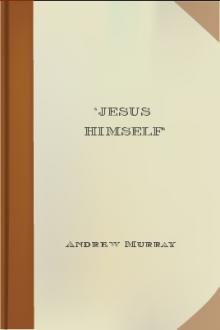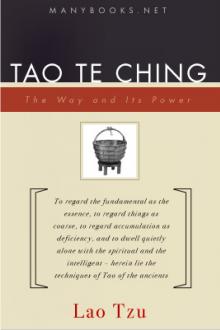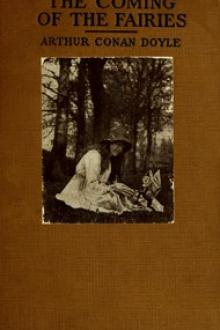Genre Philosophy. Page - 20
No registration or authorisation! And it is all for free!

calling. He was working as atailor's apprentice near Bonchurch, in the Isle of Wight, when thenews flew through the village that a squadron of men-of-war wassailing off the island. He sprang from the shopboard, and ran downwith his comrades to the beach, to gaze upon the glorious sight.The boy was suddenly inflamed with the ambition to be a sailor; andspringing into a boat, he rowed off to the squadron, gained theadmiral's ship, and was accepted as a volunteer. Years after, hereturned to his

ury of both.When the French Revolution broke out, it certainly afforded to Mr. Burke an opportunity of doing some good, had he been disposed to it; instead of which, no sooner did he see the old prejudices wearing away, than he immediately began sowing the seeds of a new inveteracy, as if he were afraid that England and France would cease to be enemies. That there are men in all countries who get their living by war, and by keeping up the quarrels of Nations, is as shocking as it is true; but

to one of them publicly was already sufficient to set him off as one in imminent need of psychiatrical attention. Belief in them had become a mark of inferiority, like the allied belief in madstones, magic and apparitions.But though the theology of Christianity had thus sunk to the lowly estate of a mere delusion of the rabble, propagated on that level by the ancient caste of sacerdotal parasites, the ethics of Christianity continued to enjoy the utmost acceptance, and perhaps even more

, day by day, so Christ is able in heaven now to do what He could not do when He was on earth--to keep in the closest fellowship with every believer throughout the whole world. Glory be to God! You know that text in Ephesians: "He that descended is the same also that ascended, that He might fill all things." Why was my Lord Jesus taken up to heaven away from the life of earth? Because the life of earth is a life confined to localities, but the life in heaven is a life in which there

their respect for the ladies, whom it was their duty to serve. And nearly every other ceremony which has lasted was based on common sense. "Etiquette," as Dr. Brown has said, "with all its littlenesses and niceties, is founded upon a central idea of right and wrong."The word "courtesy" itself did not come into the language until late (etiquette came even later) and then it was used to describe the polite practices at court. It was wholly divorced from any idea of

ly little bows and little arrows that looked like children's playthings, but upon these tiny arrows there was a small drop of poison which would kill an elephant or a man as quickly and as surely as a Winchester rifle. Their defense was by means of poison and traps. They would steal through the darkness of the forest and, waiting in ambush, let fly their deadly arrows before they could be discovered. They dug ditches and carefully covered them over with leaves. They fixed spikes in the ground

blacken his name and secure his removal, instigated a suit against him for having mismanaged an inheritance left to his children by his first wife. The children themselves appeared in his defence, however, and expressed their complete satisfaction with his administration of their property; and the trumped up charge was wholly disproved. But his enemies still wanted to have him removed and, choosing a new method of attack, forwarded a petition to the king in which they claimed that "Master

as to the Tao have the happiness of attaining to it; those with whom he agrees as to its manifestation have the happiness of attaining to it; and those with whom he agrees in their failure have also the happiness of attaining (to the Tao). (But) when there is not faith sufficient (on his part), a want of faith (in him) ensues (on the part of the others).24. He who stands on his tiptoes does not stand firm; he who stretches his legs does not walk (easily). (So), he who displays himself does not

s of memory, and the various other symptoms of the hypnotic state as we know it. It was thought that magnetism had a right to be considered as a therapeutic agent, and that it might be used by physicians, though others should not be allowed to practice it. In 1837 another commission made a decidedly unfavorable report.Soon after this Burdin, a member of the Academy, offered a prize of 3,000 francs to any one who would read the number of a bank-note or the like with his eyes bandaged (under
